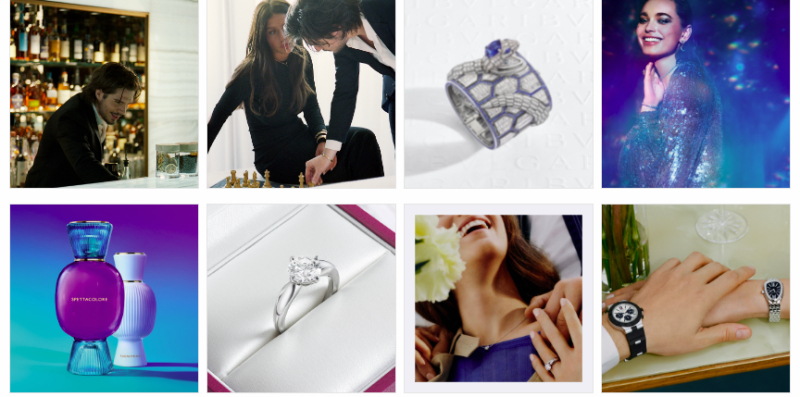Gold, luxury watches and jewelry serve as a store of value and a hedge against inflation. As global market reacted to Russian Invasion of Ukraine, the luxury brands were the last to announce the exit. Russian buyers invested in hard luxury, such as watches and jewellery.
As al-jazeera wrote, at the beginning of the invasion wealthy Russians turned to luxury jewelry and watches in a bid to preserve the value of their savings. Italian jeweler Bulgari is one of the luxury brands that saw a small boost in sales.
A luxury brand cannot claim to be an ethical and sustainable brand and continue to sell in Russia.
French luxury brand Hermès was first to announce it would ‘temporarily close stores in Russia and pause all commercial activities’. LVMH, Chanel and Richemont suspended the luxury brands operations in Russia amid consumer pressure over Ukraine war. Gucci-owner Kering, the second-largest luxury group, followed with similar announcements, as did Britain’s Burberry. The brands risked reputation damage by continuing operations, so they wanted to halt operations of cut off the Russian revenue streams. The fashion businesses and their leaders stand together with Ukraine and condemn Russia’s invasion.
Russia was the fifth largest European retail market in 2021, valued at £337.2bn. Some brands may not want to burn their bridges, if there’s a chance of returning later.
The retail analysts say the growing crisis could cause a ripple effect that depresses consumer sentiment around the world. WWD suggests, luxury brands should brace for long-term consequences of the Kremlin’s war.
Giorgio Armani is one of the few major designers to have addressed the war directly on the catwalk, holding his Milan show in silence. Balenciaga has become the first Paris Fashion Week brand to make a statement of solidarity with Ukraine.
Stoli Group announced a major rebrand and the end of the use of the Stolichnaya name. In direct response to Russia’s invasion of Ukraine, the vodka will exclusively be sold and marketed as Stoli.
The LVMH Group said it is “closely monitoring the tragic situation in Ukraine and stands alongside all those severely affected by this war. The Group’s first concern is the safety of its 150 employees in Ukraine and is providing them with essential financial and operational assistance.”
Alongside Porshe, LVMH made a first emergency donation of five million euros to support the International Committee of the Red Cross (ICRC) to help the direct and indirect victims of this conflict.
In addition, the Group launched a fundraising campaign in support of the ICRC to facilitate the contributions of employees across the Group and its 76 Maisons. The LVMH Heart Fund, launched in 2021, has been specifically activated to provide financial and psychological support to all employees, especially those directly affected by this conflict.
The Luxury goods have a limited exposure to Ukraine war
Analysts estimate that Russia is not a leading luxury market despite being home to a collection of oligarchs.
Longer term, sanctions are unlikely to have much impact on the luxury sector. According to afr.com, “Russian exposure is small, below that of the fast-fashion chains. LVMH derives about 1.3 per cent of revenue from the country. Its peers are more exposed, with 2 to 5 per cent, but still not much.”
Russia and Ukraine jointly account for around 4 to 5 per cent of global luxury sales, which means the direct impact of the conflict may be less; nevertheless, it can’t be overlooked by any standards.


